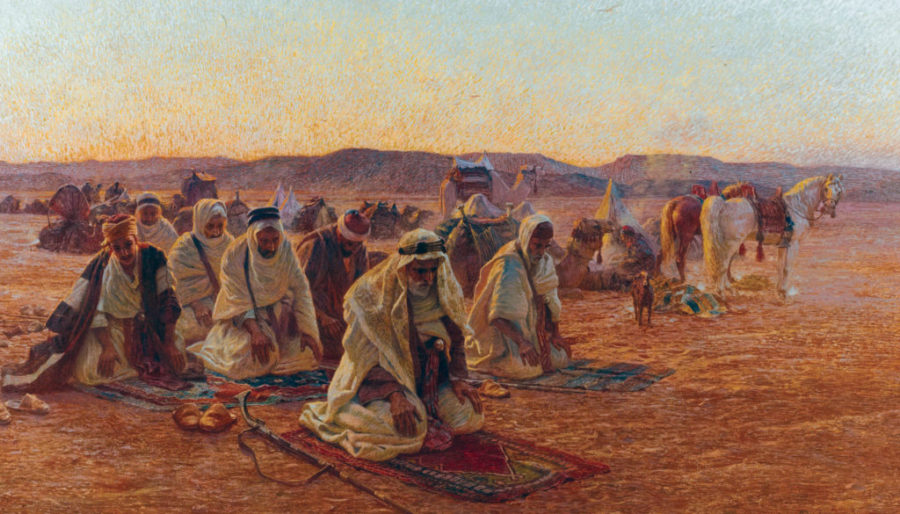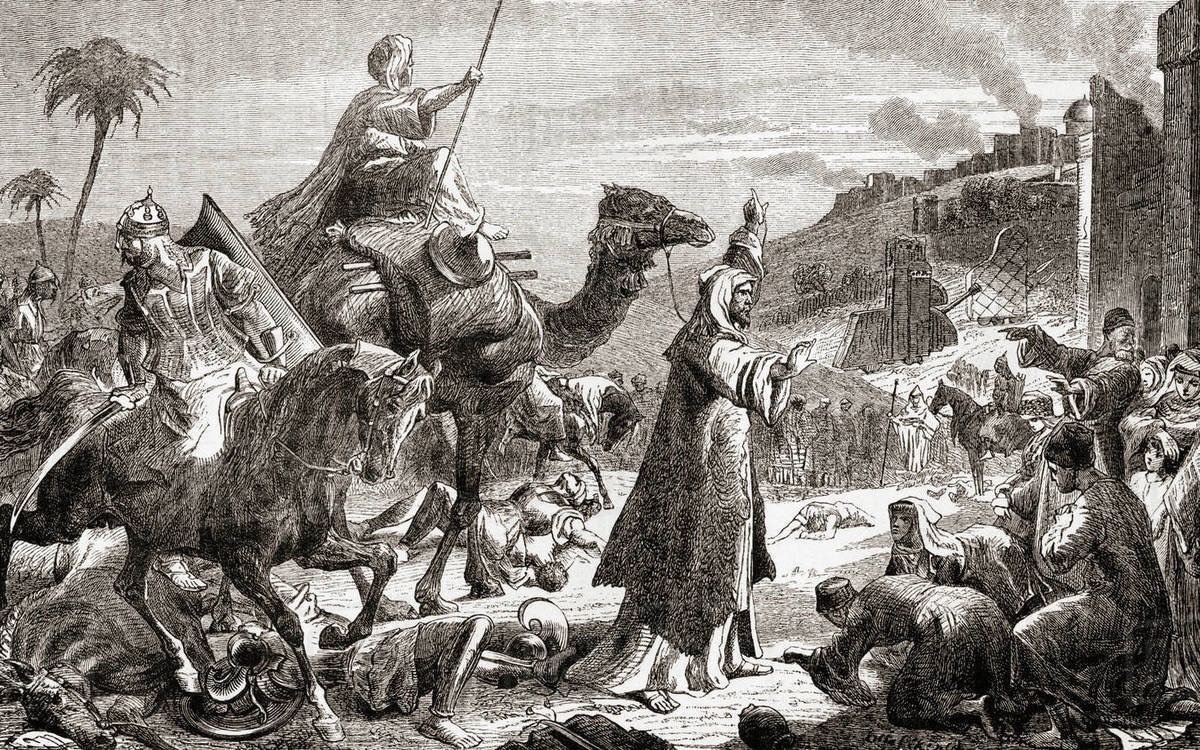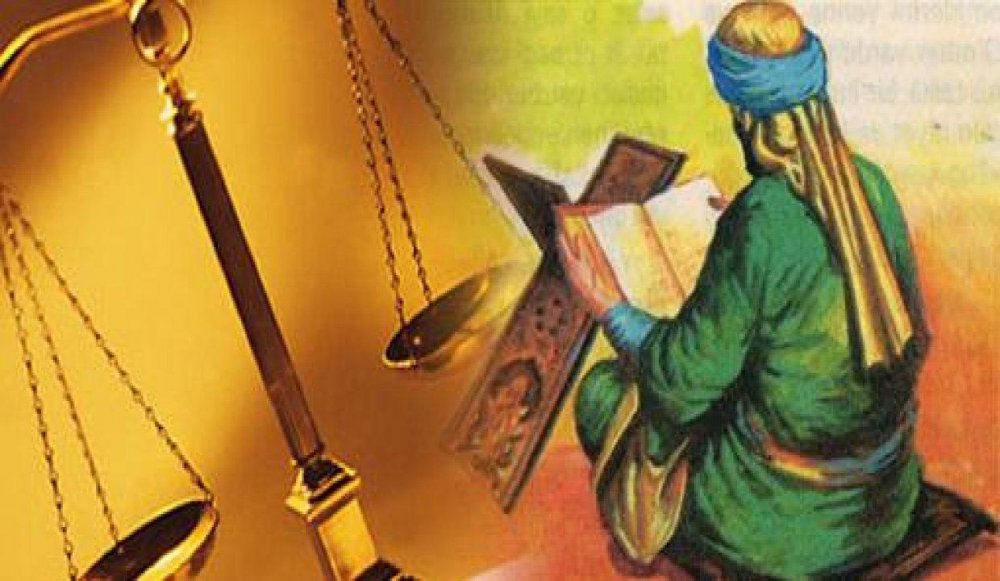
Umar ibn al-Khattab and his innovations as caliph
The actions and decisions of Umar (may Allah be pleased with him) had a huge impact on both his era and subsequent periods, writes Adnan Demirjan.
Umar ibn al-Khattab became one of the Muslim rulers most often referred to by Islamic scholars. The actions of Umar (may Allah be pleased with him) ensured the strengthening of the unity and cohesion of the Muslim community, discipline among officials, laid the foundations for the improvement policy, distribution of the population, the tax system and set standards for security measures. Here are just a few of the innovations he brought to life.
Under Umar (may Allah be pleased with him), the caliph began to be called “amir al-muminin” (the ruler of the faithful). When Abu Bakr (may Allah be pleased with him) was elected to this position, he was called “the Caliphate of Rasul Allah” (the viceroy of the Messenger of Allah). Umar (may Allah be pleased with him) was first called “the caliphate of the caliphate Rasul Allah” (the viceroy of the viceroy of the Messenger of Allah), but he thought that this was too long a phrase, and chose the title “amir al-muminin”.
In the earlier period, there was no single calendar system; Muslims used different events as the starting point for a new era. This led to confusion, therefore Umar (may Allah be pleased with him) defined the beginning of the Muslim chronology of the Hijra – the resettlement of the Prophet Muhammad (peace be upon him) from Mecca to Medina.

Source: quora.com
Umar (may Allah be pleased with him) was the first to organize night meetings in mosques in the month of Ramadan for worship, and also gave written orders to spread such a practice to other regions besides Medina.
Umar (may Allah be pleased with him) was the first to apply punishment to those who drank alcohol. It was 80 blows with a stick. It is reported that he said: “If a person in a state of intoxication slanders someone, then when he sober up, I will also apply to him the punishment for libel.”
Umar (may Allah be pleased with him) was the first ruler who walked around Medina at night , checking the state of affairs in the city.
Under Umar (may Allah be pleased with him), many critical regions were conquered, such as Jazeera, Sham, Egypt, Iraq.
Under Umar (may Allah be pleased with him), a tax – haraj was established for those living in the newly conquered lands, and they began to take a “tax on faith” – jizya from Christians and Jews.

Source: haberes.com.tr
Umar (may Allah be pleased with him) created the Atyyya committee, which was engaged in payments from the treasury to certain groups of Sahabah, for example, the wives of the Messenger of Allah (peace be upon him), participants in the Battle of Badr, muhajirs who resettled in Medina before the conquest of Mecca, etc. This was done in recognition of the fact that many of them did not have a specific source of income.
Under Umar (may Allah be pleased with him), cities such as Kufa, Basra , Fustat were founded , and the Arabs settled in different regions outside the Arabian Peninsula.
Umar (may Allah be pleased with him) began to appoint judges (qadi) in the cities, independent of the governors.
Umar (may Allah be pleased with him), appointing a governor, wrote down what property he owned.
Under Umar (may Allah be pleased with him), shelters for travelers were created, which were called “Dar ar-rizk”. In them, travelers could find food and rest.
When the population of Medina increased, under Umar (may Allah be pleased with him), the Prophet’s Mosque was expanded .
Islamosphere

